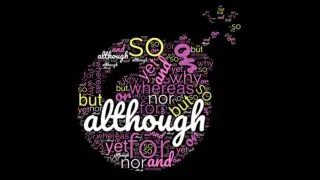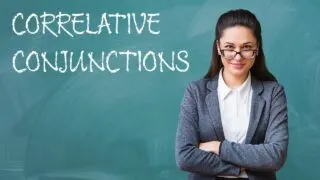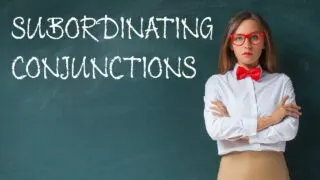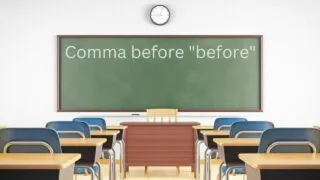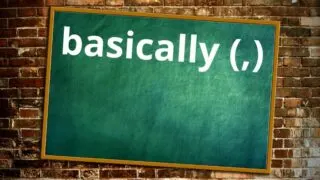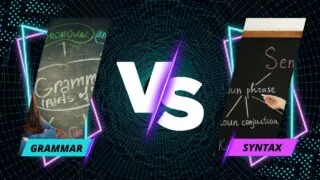“Coordinating conjunctions.” What are these things again? I’m pretty sure I’ve heard of them before. Oh, wait. Aren’t they those kids who are obsessed with superhero comics?” If this sentiment sounds familiar, then you are on the right page right now. Roughly speaking, coordination is one of the fundamentals of grammar. Needless to say, it …
Search results for: coordinating conjunction
Conjunctions. Yeah, the notorious ones. Not everybody likes them, but they are extremely helpful cohesive devices in any language. Albert Einstein once said, “If a cluttered desk is a sign of a cluttered mind, of what, then, is an empty desk a sign?” Without conjunctions, the flow of our ideas would be just as disorganized …
There are three main types of conjunctions: Coordinating conjunctions, subordinating conjunctions and correlative conjunctions. In this article, we will tackle correlative conjunctions. Let’s roll our ball by starting with the usual quick answer. What are correlative conjunctions? Correlative conjunctions are the conjunctions that come in pairs and are inseparable. They are very useful in …
Although trickier than coordinating conjunctions, subordinating conjunctions are great language devices too. Why so? Well, they simply make writing and speaking more organized, if not proficient. Yes, the term used for these grammatical elements might be a bit intimidating. But, you need not worry because you surely have heard of these things before. Did you …
Let’s face it: English grammar is a tricky beast. Just when you think you’ve mastered it, a sneaky little mistake pops up to remind you that, no, you’re not the language wizard you thought you were. Whether you’ve been speaking English since birth or you’ve painstakingly learned it as a second (or third!) language, some …
Do you need a comma before “before”? You need a comma before “before” when it comes after an introduction, an appositive phrase, a parenthetical idea, or a direct address. Meanwhile, no comma goes before “before” when it is used as a regular adverb, preposition, or conjunction. Using a comma before “before”: Cases to take …
Commas play an essential role in written language. It plays a crucial role in helping to clarify the meaning and structure of sentences. One question that often arises when writing is whether or not a comma is needed after the word “basically.” As we explore more about the wonders of punctuation, we will try to …
A proficient speaker, more often than not, is also an effective writer who varies the structures of his sentences to add interest and tone to his piece. He can do this if he possesses a good grasp and sound understanding of grammar and syntax – the most important tools of a writer or speaker. Many …
To use a comma or not to use a comma, that is the question. Are you firing off a round of emails to important business contacts and aren’t quite sure whether you are missing a comma, or whether you have included one where you shouldn’t have? There is nothing more unfortunate than a misplaced comma …

